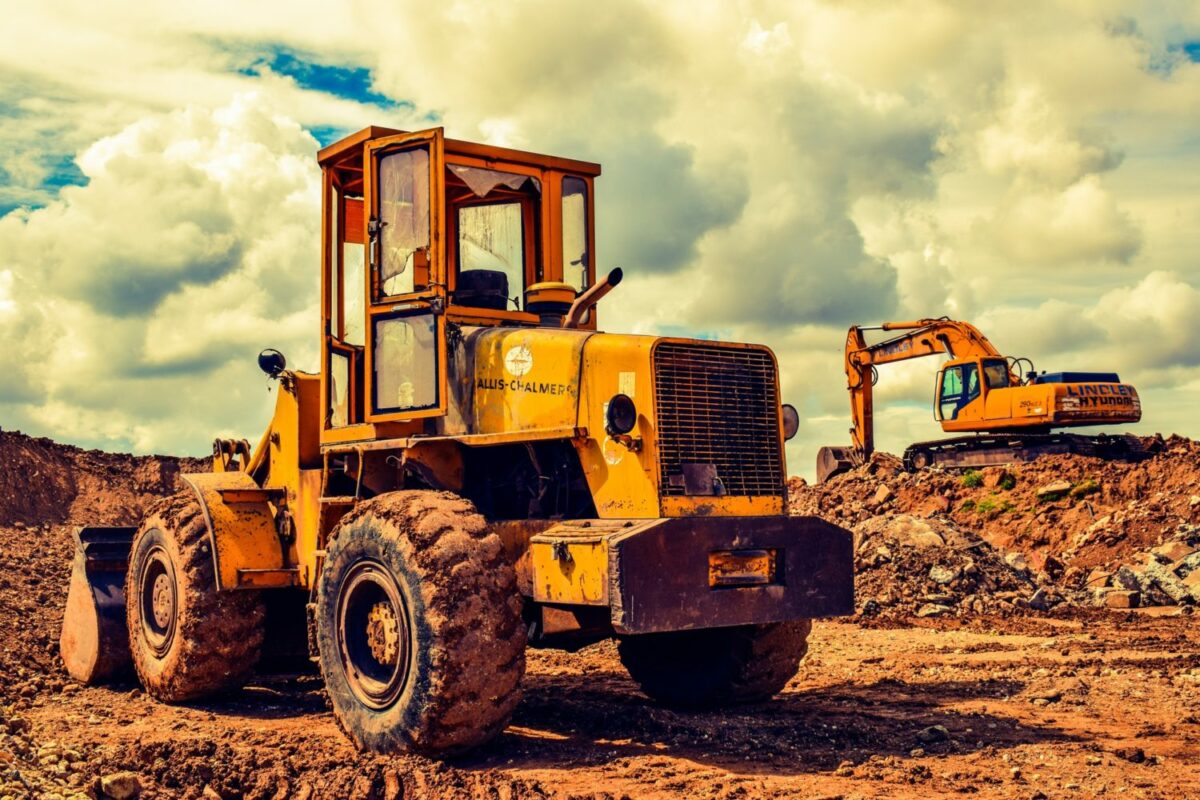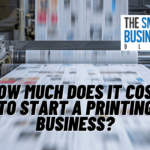You’re wondering whether your earthmoving needs warrant buying equipment. After all, it’s a big investment and renting might be enough.
There are several things to take into consideration when trying to decide whether buying your own machinery is worth it.
This guide on owning and leasing earthmoving equipment will help you make the right choice. Read on!
Post Contents
How Much Do You Use Your Earthmoving Equipment?
The first and most important thing to consider is how much you’re going to use a particular piece of equipment. If you’re going to need it less than 60 percent of the time, your best bet is still renting equipment.
However, if you’re going to use it very frequently, buying it becomes more interesting. Take a broader view: long term, are you going to keep using that piece of equipment?
While renting costs less in the short term, buying becomes more beneficial over time. Buying earthmoving equipment is an investment that ends up being profitable after a certain period of use.
Read on here if you think buying your equipment is the way to go.
How Critical Is It?
In some cases, a certain piece of equipment might be essential to make sure things are functioning properly. If a piece of equipment is critical to your operation, it makes sense to buy it so that it’s always available. All the more so if it has several uses.
The Benefits of Renting Equipment
Renting equipment comes in handy in a few cases. For starters, it allows you to try it out and gain experience with it before purchasing it.
It’s also a way of getting familiar with newer machines. Using recent technology might give you better prospects and make you more efficient. Then, if the tests are conclusive, you could consider buying the equipment for your company.
If you choose to rent equipment, you’ll have to decide whether to use a rental house or a distributor. Rental houses tend to have more core construction equipment and offer their services in greater areas.
On the other hand, distributors usually have the newest releases and offer specialized equipment. However, they might be limited to a specific area.
Other Factors to Consider
There are other things to consider when trying to evaluate the best course of action.
Taxes
There is an important difference when it comes to renting vs buying equipment: you can bill the customer for rental expenses or deduct them as a business expense.
Buying equipment, on the other hand, is considered a capital expense. Capital expenses are depreciated or amortized over the lifespan of the equipment purchased.
Depreciation
Some pieces of equipment will hold up better than others over time. Consider if a piece of equipment will have any resale value, especially if you think you’ll upgrade or sell eventually.
Transportation
Renting might be more advantageous if you have hefty transportation costs. If you have a job that’s far away, you’ll have to take into account the costs of bringing the equipment there.
In those cases, it might make more financial sense to simply rent the equipment on site.
Renting vs Buying Earthmoving Equipment
Buying earthmoving equipment is logical if you’re going to have a lot of use for it and if it’s essential to your business. Additionally, consider whether you’ll want to resell it eventually or won’t need to.
On the other hand, renting offers the benefit of trying equipment before buying it and avoiding transportation costs.
Browse our Business section for more tips on how to run your business successfully.






























